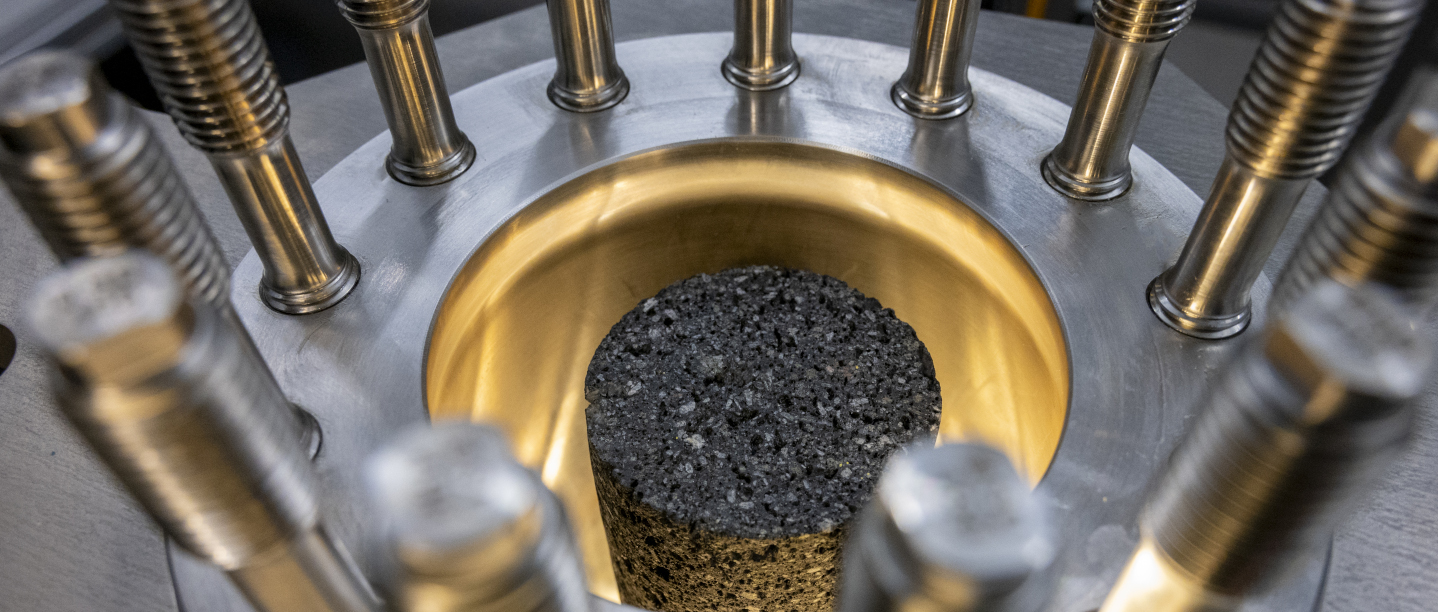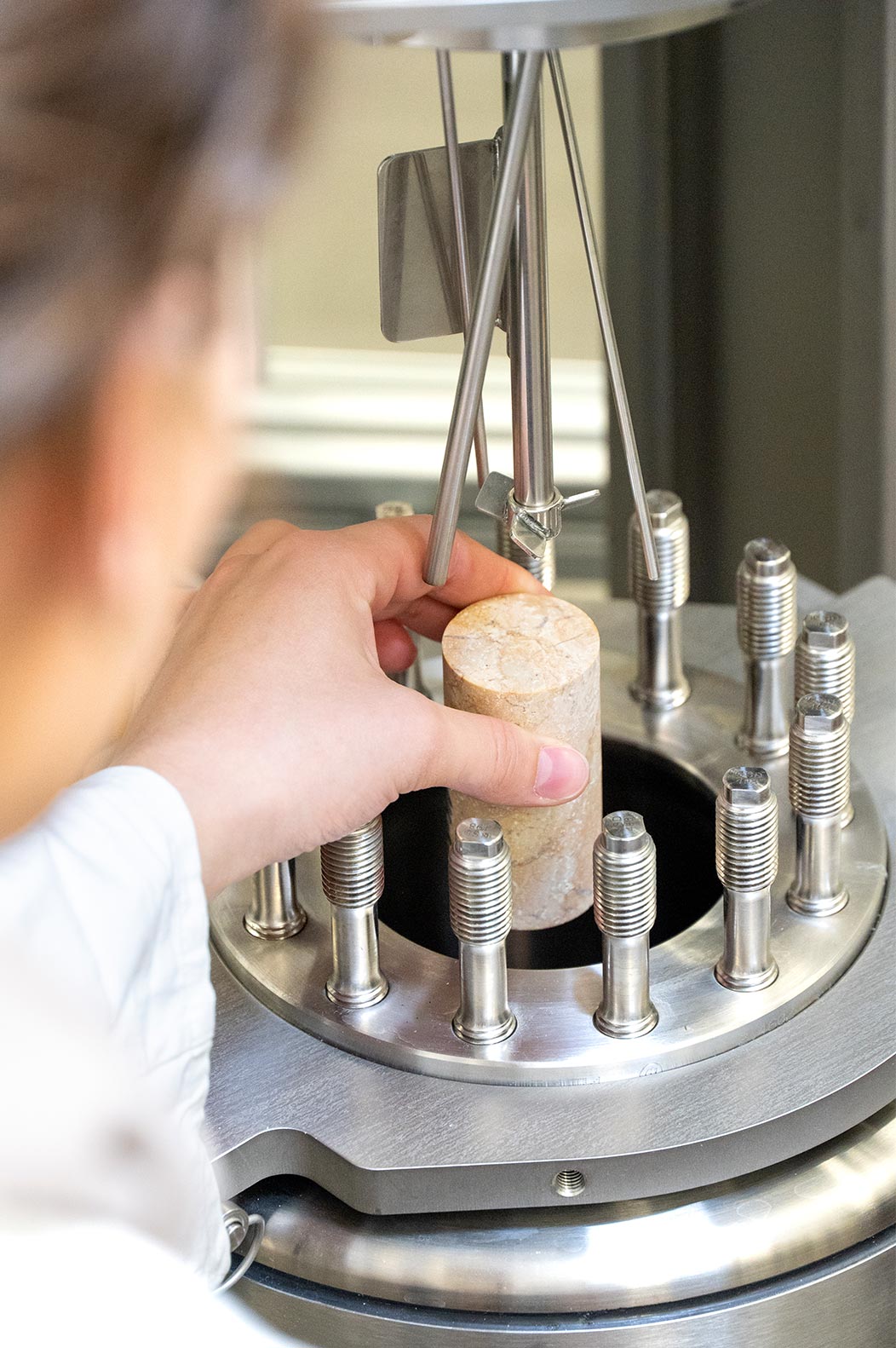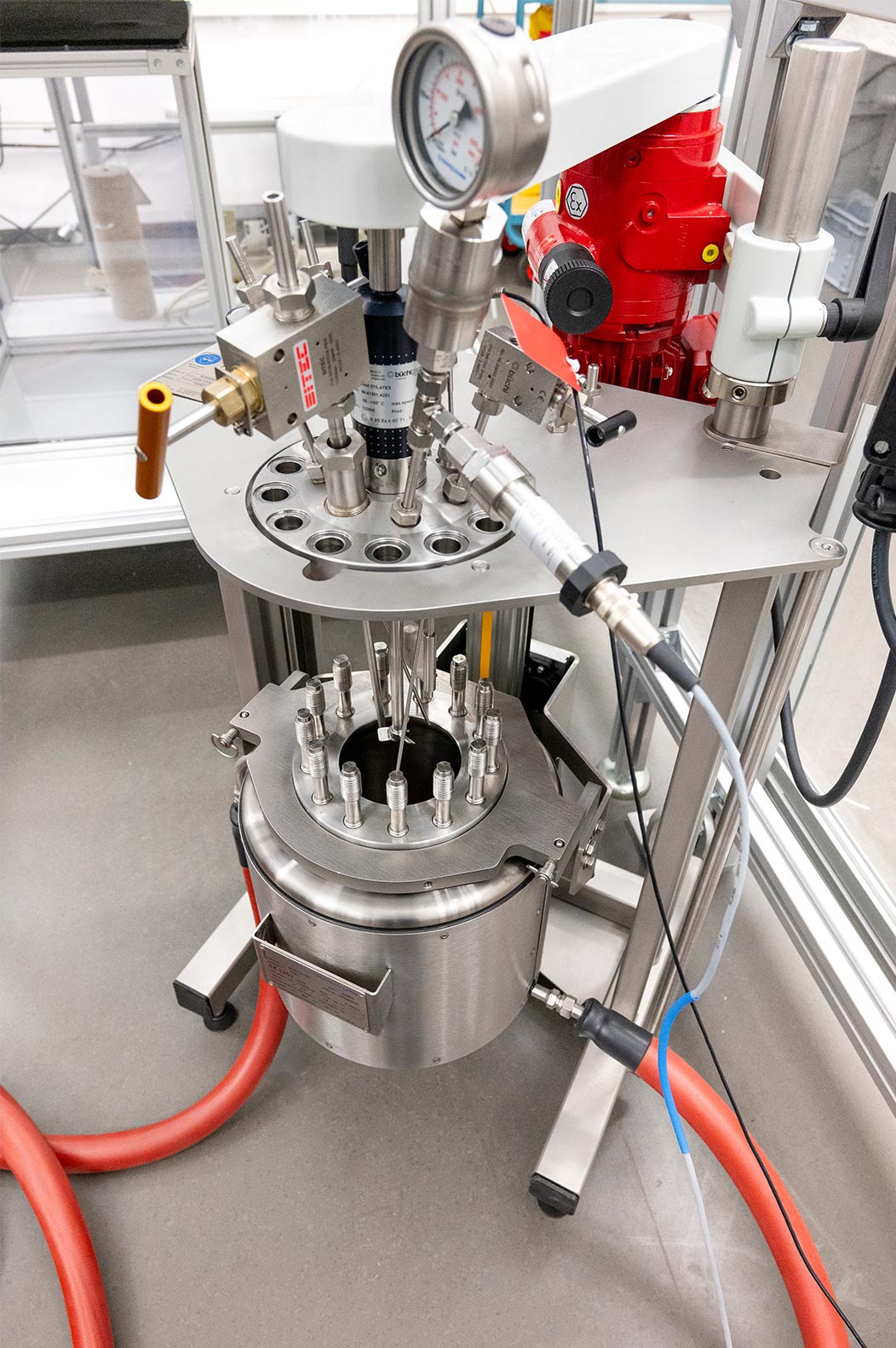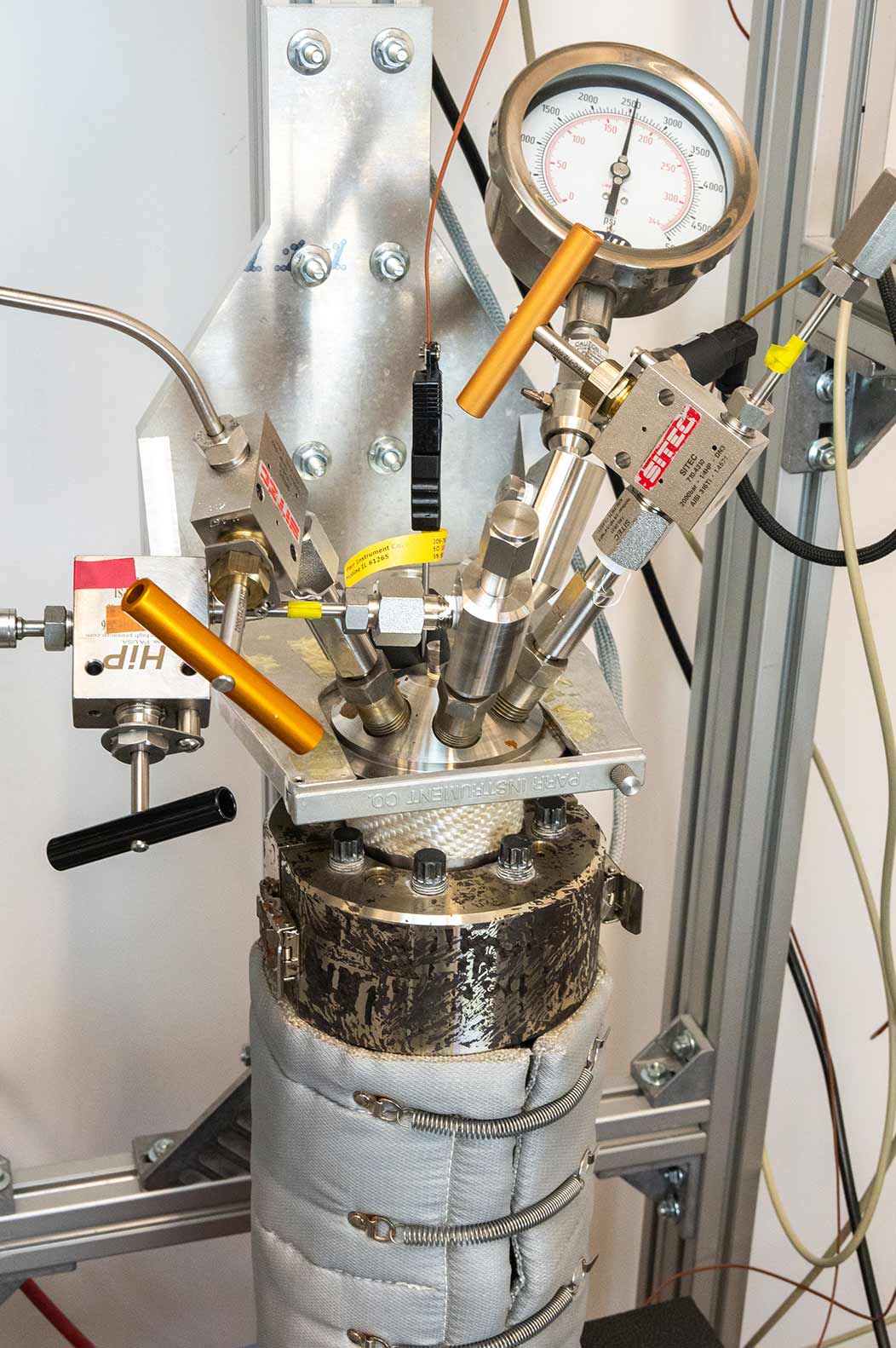In spring 2024, the German government presented its draft for a Carbon Management Strategy and a corresponding bill to amend the Carbon Dioxide Storage Act. This is intended to enable the transport and offshore storage of CO2 in Germany in the future. Complementary to the Carbon Management Strategy, the government is currently developing a strategy for negative emissions. This aims to consider not only natural but also the technical CO2 sinks necessary to meet climate targets.
In collaboration with Volkswagen AG and TU Braunschweig, the Fraunhofer IEG is linking such a technical CO2 sink with underground storage options in Germany in the research project "GerMin."
Objectives
The aim of the project is the technical, geological, and ecological evaluation of a "Direct Air Carbon Capture and Storage" (DACCS) process for a site in Germany suitable for geological storage. However, conventional CO2 storage in sedimentary pore storage will not be investigated; instead, the focus is on the mineralization of dissolved CO2 in basic volcanic and plutonic rocks. In this approach, CO2 is stored not in the gas phase but as a solid, minimizing the risk of uncontrolled CO2 mobility and outgassing from the storage formation. This method is therefore considered particularly safe and can contribute to increasing social acceptance of underground storage on the German mainland. A pioneer in the field of CO2 mineralization is the Icelandic company CarbFix, which has been injecting CO2 into Icelandic basalt formations since 2012 and has recorded mineralization rates of over 95%.
With the "GerMin" project, it will first be tested at the laboratory scale at Fraunhofer IEG whether the method can be transferred to subsurface rocks from Germany. For this purpose, reactor experiments will determine the CO2 mineralization rates for various volcanic and plutonic rocks from Germany. The determined rates will then be used by Volkswagen for the design of a Direct Air Carbon Capture facility. Additionally, the experimental results and data from the DACCS plant design will be incorporated into a comprehensive Life Cycle Assessment by TU Braunschweig. Subsequently, it will be assessed whether CO2 storage through in-situ mineralization in Germany can be utilized as a complement to large sedimentary pore storages for point sources of CO2




